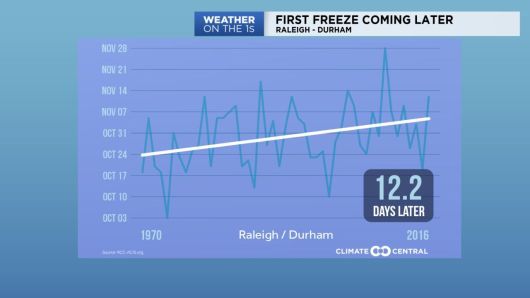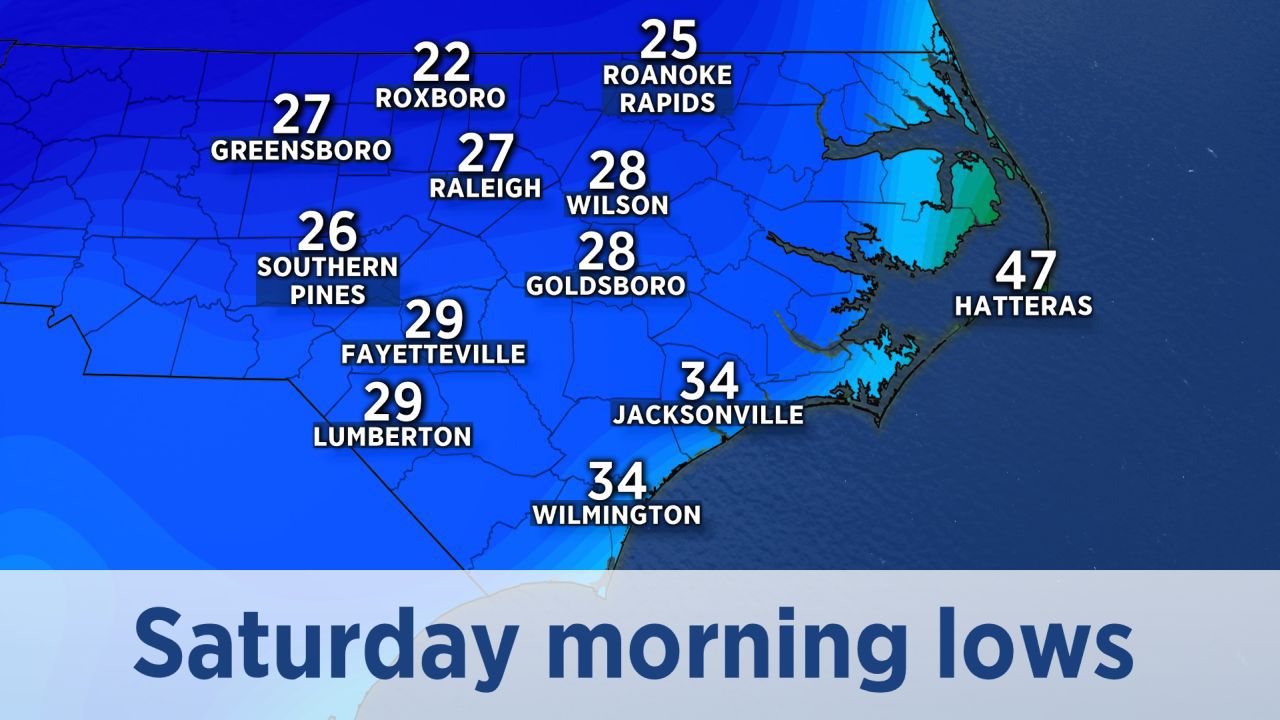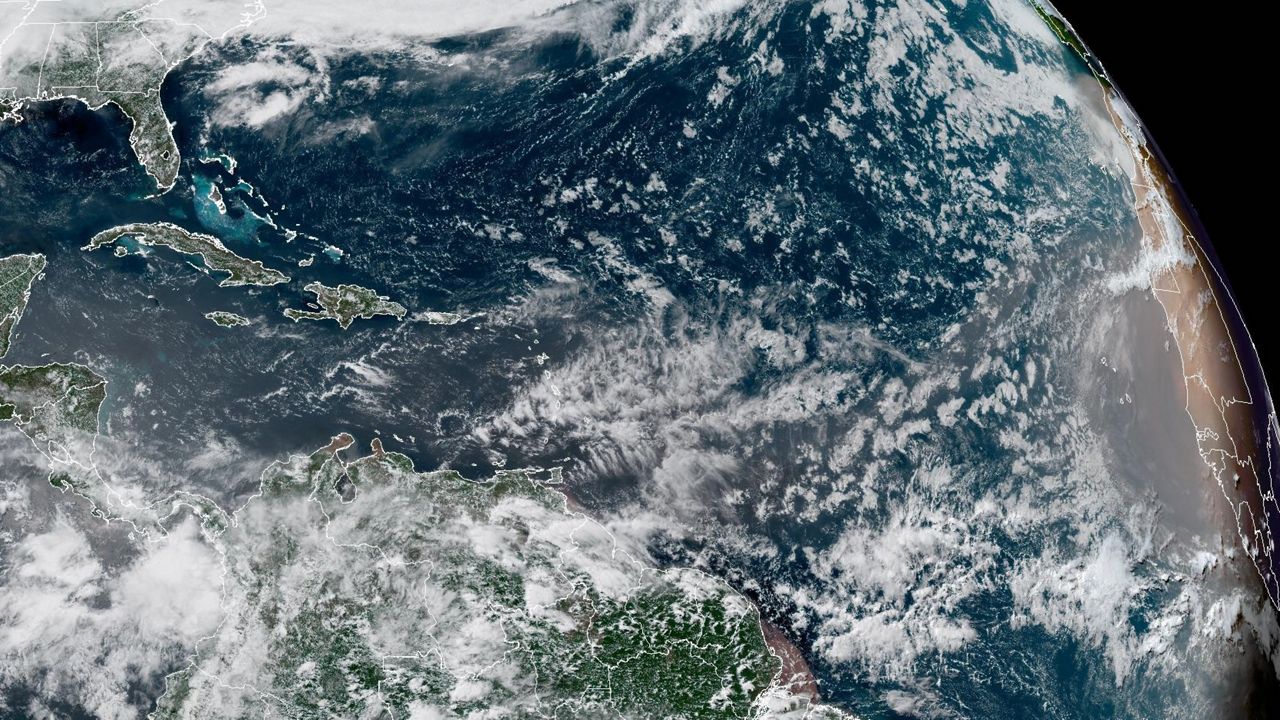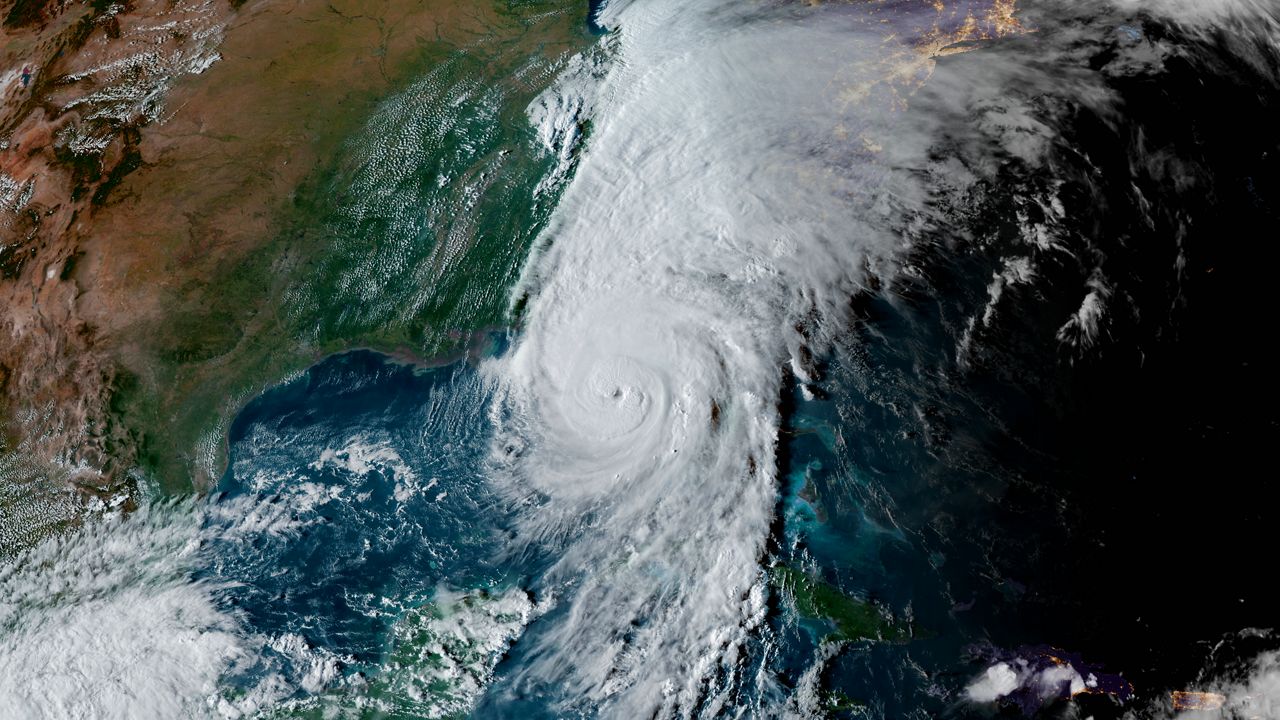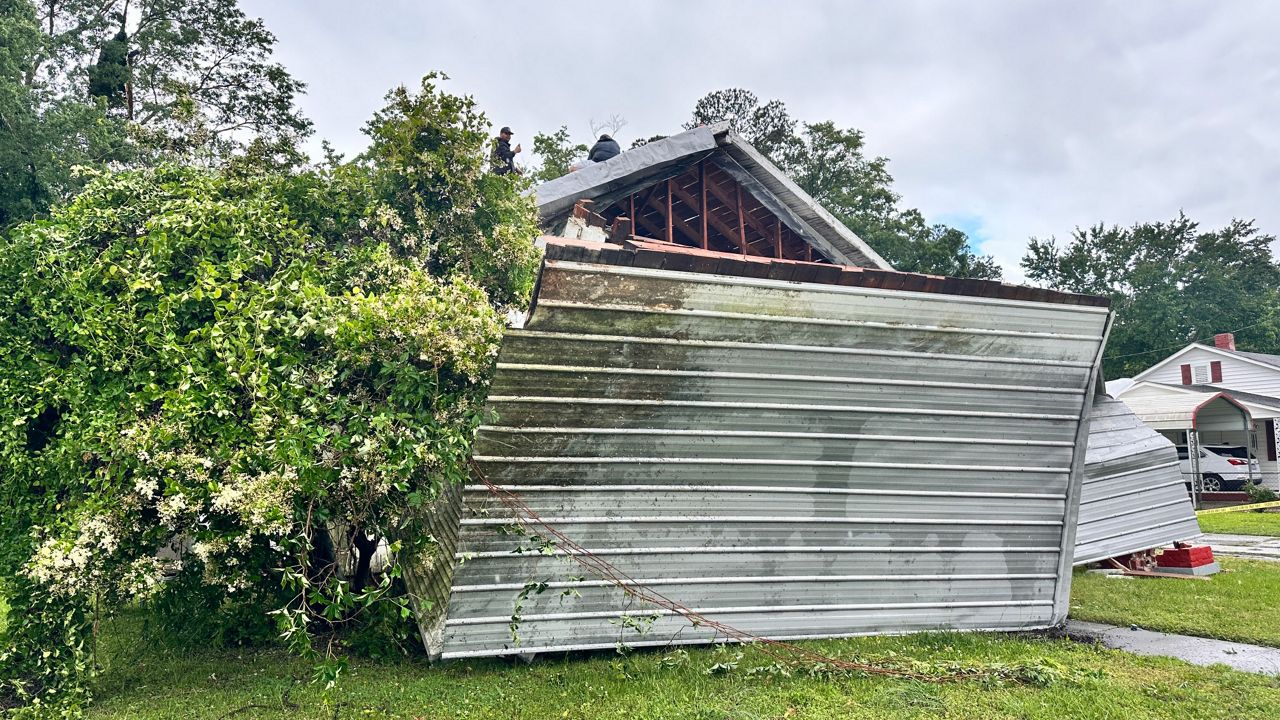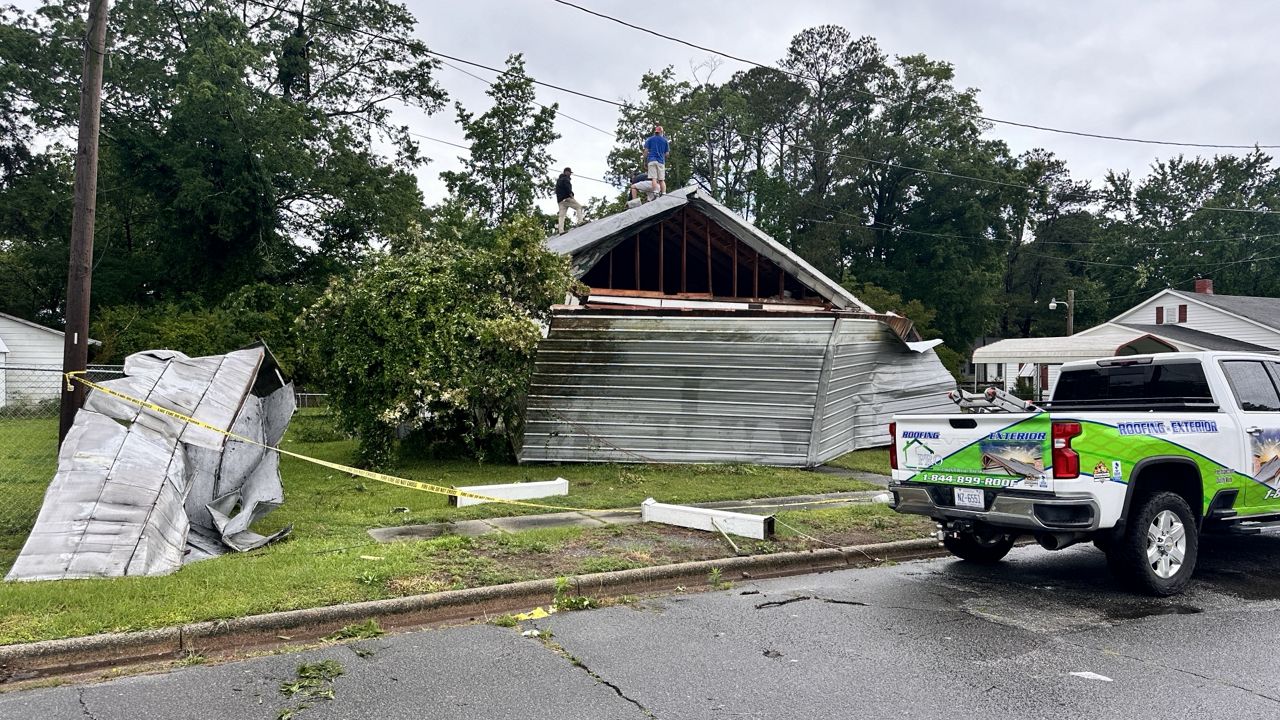Get ready to crank up your heat this weekend! The first freeze of the season is still on the way for early Saturday morning. During that time, low temperatures will range from the mid 20s to near 30 across the Triangle and Sandhills. Some areas will see temperatures at or below freezing for six to eight hours before warming up after sunrise. The only locations in the state that will not see temperatures around or below freezing at sunrise Saturday will be the immediate coast.
Many locations in central North Carolina may again drop to near or below freezing Saturday night into Sunday morning. Low temperatures then should be around 30.
This fall's first freeze is a bit behind schedule. At least, that's the case if you compare this weekend's freezing low temperatures to the average date for the first freeze. The normal date for the first freeze of fall in the Triangle and portions of the Sandhills comes during the last ten days of October. What's the latest we have seen the first freeze? For Raleigh the record for the latest first freeze is November 17th back in 1989, for Fayetteville it is November 30th, 2003.
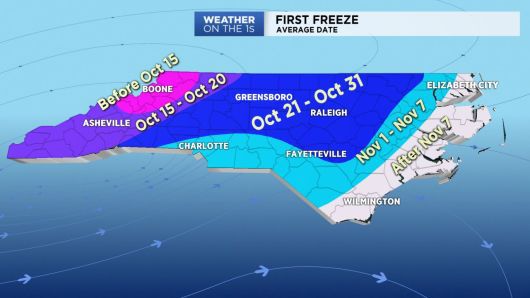
A warming climate has lead to a longer growing season over the last several decades, and the trend for a later first fall freeze will likely continue. A recent study by the independent group Climate Central shows the first fall freeze, which signals the end to the growing season, is coming about twelve days later now than it did in the early 1970s for the Raleigh-Durham area. That is also the case for much of the country. A study from the Environmental Protection Agency has also shown that growing season is now about two weeks longer across the United States compared to the start of the 20th century.
If you are not a fan of cold nights and mornings, the later dates for a first freeze may sound like good news. However, it is not good news for everyone. A longer frost-free season means a longer allergy season and a longer season for mosquitoes and ticks. Climate research has also shown longer frost-free seasons will likely lead to more detrimental health and agricultural impacts across the country in the coming years.
